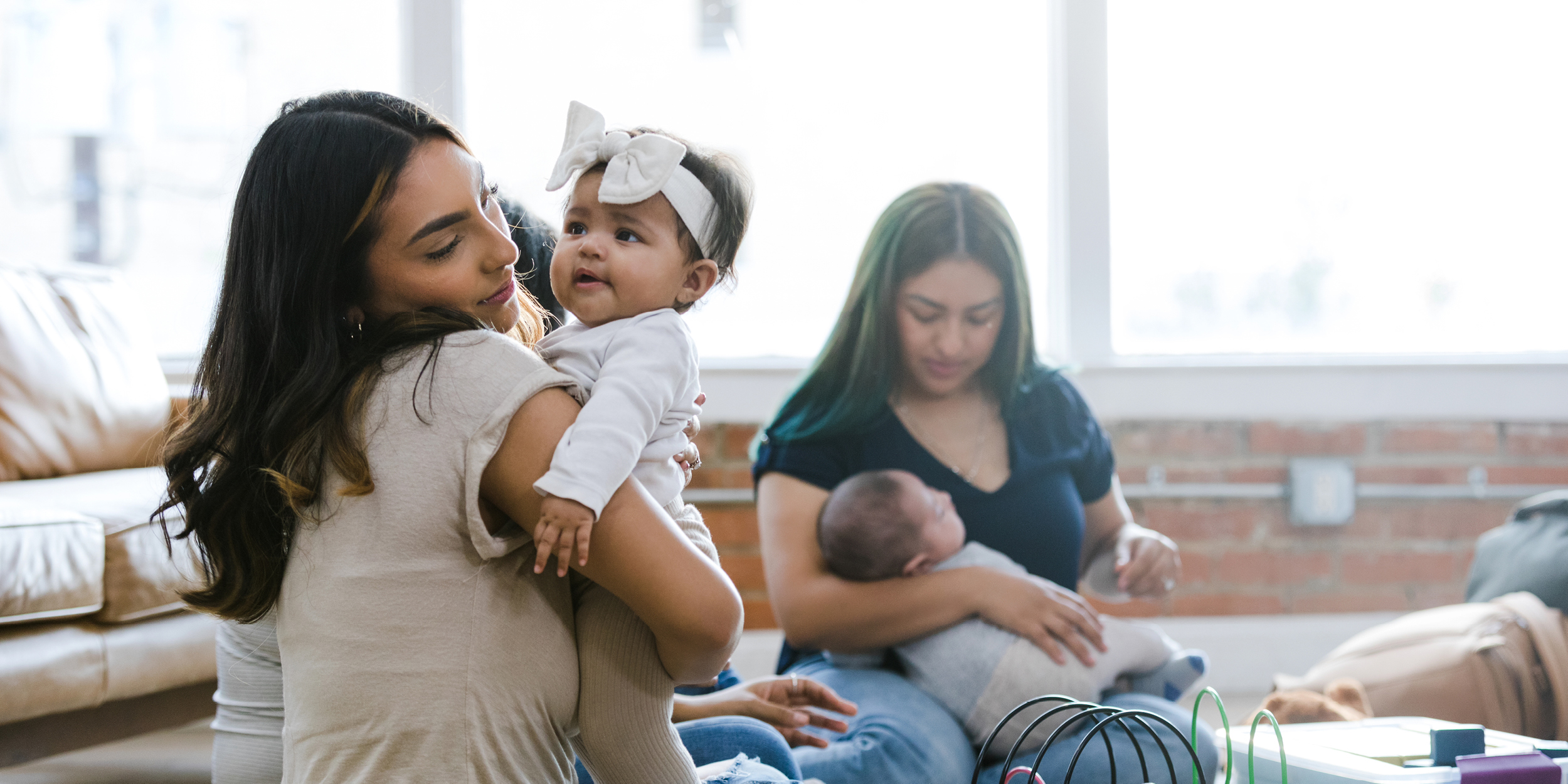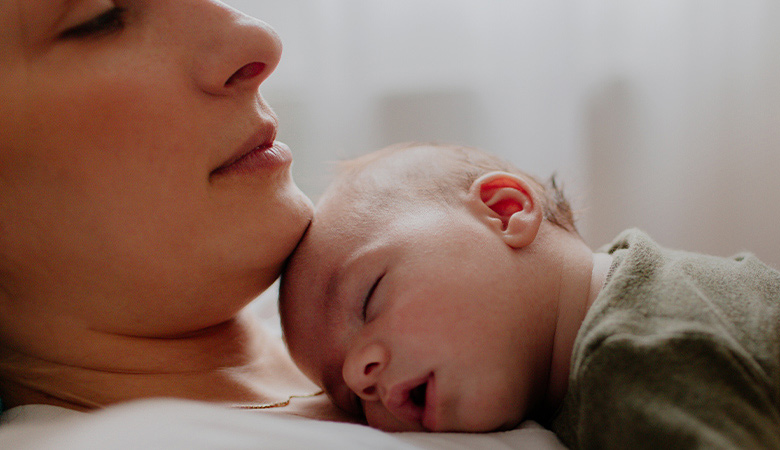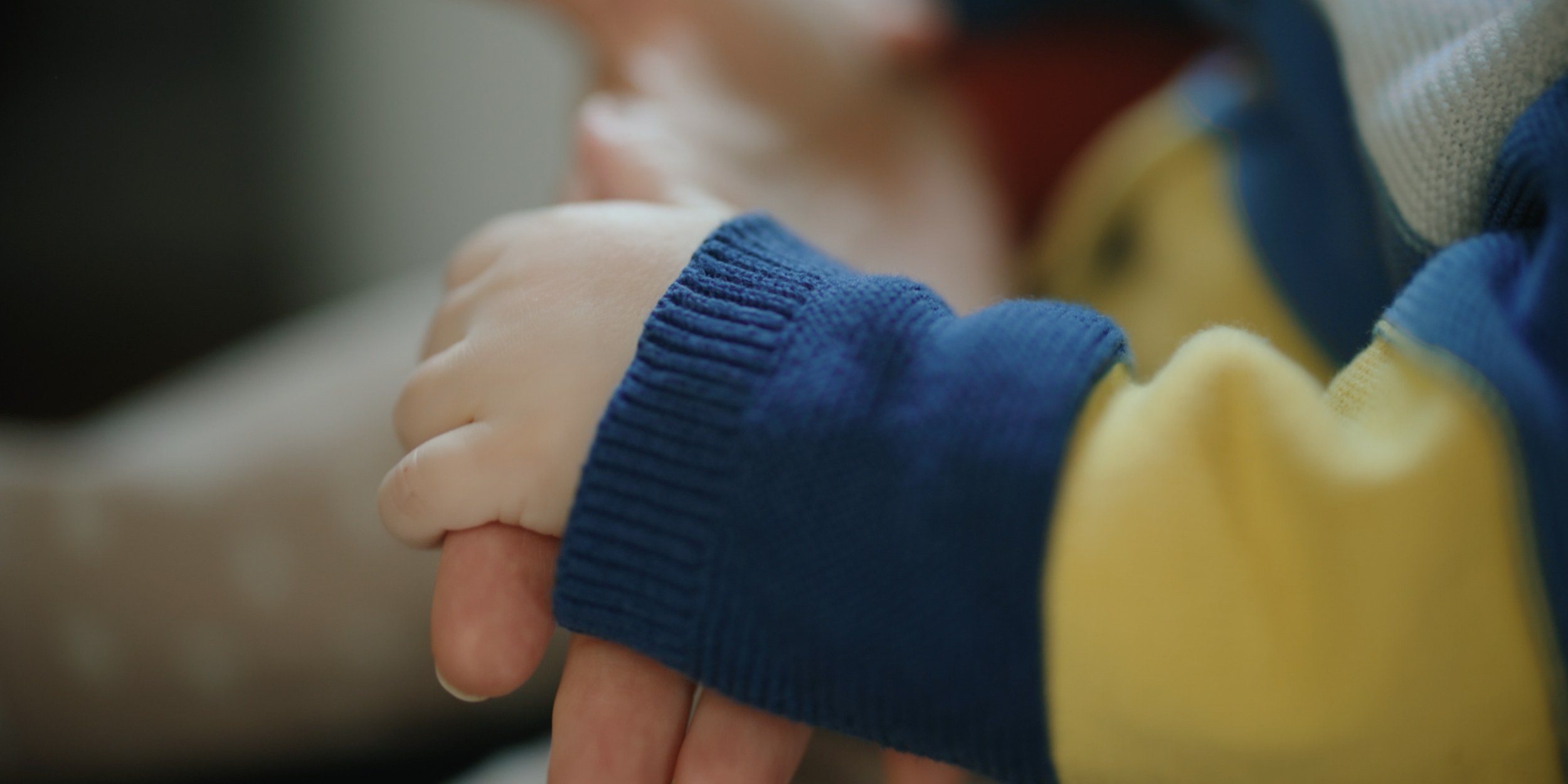Moms Are Experiencing a Mental Health Crisis: Here’s How We Can Help

A national alarm is ringing loud and clear—the United States has a maternal mental health crisis that demands an immediate, systemic, and compassionate response.
When a new mother dies by suicide, the headlines often frame it as an isolated tragedy. But in reality, it’s part of a preventable national crisis. Rates of depression, anxiety, and suicide are rising among pregnant and postpartum women. According to the Centers for Disease Control and Prevention, mental health conditions are now a leading cause of pregnancy-related deaths, with suicide accounting for 39% of all maternal deaths between 2005 and 2022 in the U.S. alone.
Now is the time to transform maternal mental health. As EDC researchers and practitioners specializing in mental health and maternal health, we recommend that our nation immediately take three interconnected actions to support mothers.
First, treatment of maternal mental health cannot be siloed. Our country must improve mental health support for girls and women before, during, and after pregnancy. A mother’s mental health is powerfully impacted by lack of access to effective mental health care, traumatic experiences throughout her life, and stigma surrounding mental health challenges that suppress the very conversations that lead to healing. A proactive, life course approach to promoting well-being will normalize help-seeking and save lives.
Next, one of the most powerful and underused strategies to prevent maternal suicide is Zero Suicide, a comprehensive approach to suicide prevention and care. Zero Suicide ensures that health care systems and providers have a strong safety net that catches and supports people in moments of crisis. Suicide risk peaks in the postpartum period. And while many mothers are screened for suicide, they may not receive sufficient support or follow-up, be treated with evidence-based interventions, or have their concerns acknowledged. By blending best practices with infrastructure changes and data-driven improvements, Zero Suicide addresses these issues and can be a game-changer for maternal mental health well-being and care.
Finally, mothers need more than clinical care—they need trusted people and programs embedded in their communities. Doulas, community health workers, and other public health initiatives play critical roles in providing responsive support, reducing isolation, and connecting families with needed resources. These supports can bridge the gap between health systems and families, ensuring that no mother is left to navigate the postpartum period alone. One of the most effective evidence-based strategies to deliver this type of support is home visiting.
Home visiting brings skilled and caring professionals directly to families in their homes. In addition to conducting well-child visits, supporting learning, and connecting young families with key resources and services, home visitors play a vital role in linking mothers to mental health services. In fact, in many communities, home visitors are the first, and sometimes only, touchpoint for mothers struggling with anxiety, depression, or trauma. Nationwide, not all mothers and families in need have access to and receive home visiting support—all mothers and families can and should have this option available to them.
While the current headlines and rising tide of maternal deaths are truly tragic, they can detract attention from the full story. Our country’s maternal mental health crisis is not a failure of individuals—doctors, mental health clinicians, friends and families of mothers, and definitely not mothers—it is a failure of systems. We can and must rebuild our systems, drawing on the three actions stated above.
Taken together, these actions will save mothers’ lives, but the way forward will demand bold collaboration. As practitioners, policymakers, funders, providers, and advocates, we must work together to ensure no parent suffers in silence, and no child loses a mother.
A movement is growing—one rooted in evidence of effective practices and empathy for those who suffer. We are proud to be part of this movement, and we invite you to join us. Reach out to learn more and/or partner with us (zlevesque@edc.org, jgoldstein@edc.org).
Every mother deserves to thrive, and every child deserves a thriving mother.








